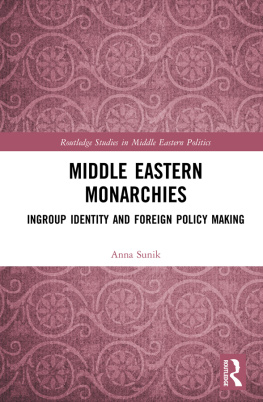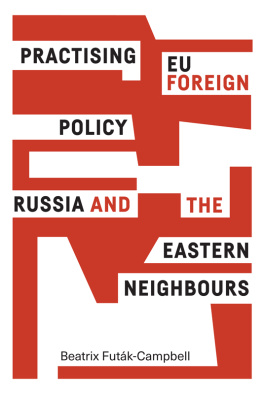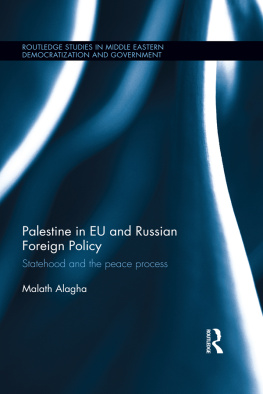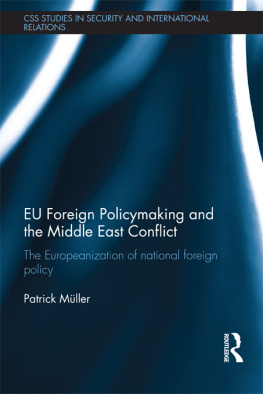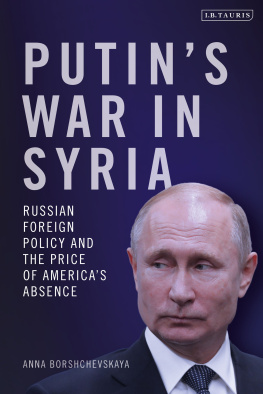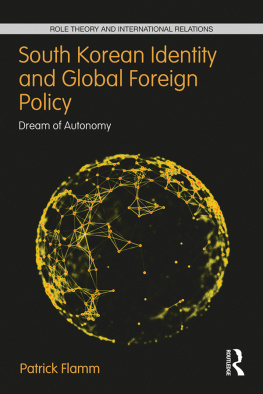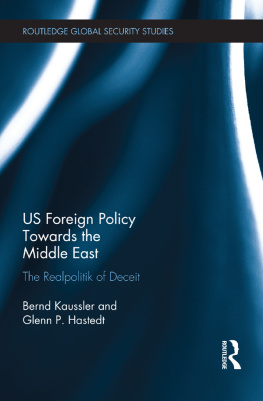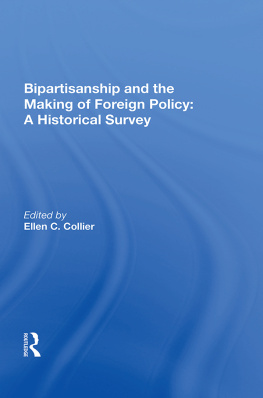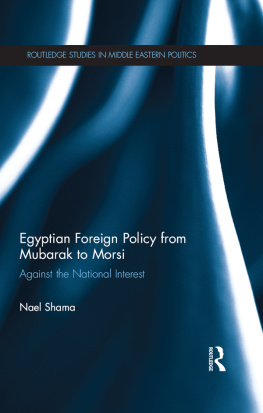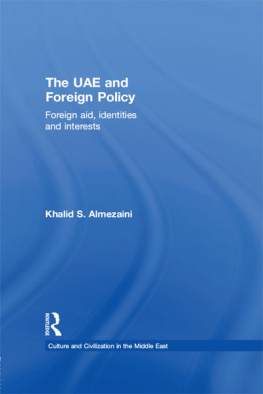Anna Sunik - Middle Eastern Monarchies: Ingroup Identity and Foreign Policy Making
Here you can read online Anna Sunik - Middle Eastern Monarchies: Ingroup Identity and Foreign Policy Making full text of the book (entire story) in english for free. Download pdf and epub, get meaning, cover and reviews about this ebook. year: 2020, publisher: Routledge, genre: Politics. Description of the work, (preface) as well as reviews are available. Best literature library LitArk.com created for fans of good reading and offers a wide selection of genres:
Romance novel
Science fiction
Adventure
Detective
Science
History
Home and family
Prose
Art
Politics
Computer
Non-fiction
Religion
Business
Children
Humor
Choose a favorite category and find really read worthwhile books. Enjoy immersion in the world of imagination, feel the emotions of the characters or learn something new for yourself, make an fascinating discovery.
- Book:Middle Eastern Monarchies: Ingroup Identity and Foreign Policy Making
- Author:
- Publisher:Routledge
- Genre:
- Year:2020
- Rating:3 / 5
- Favourites:Add to favourites
- Your mark:
- 60
- 1
- 2
- 3
- 4
- 5
Middle Eastern Monarchies: Ingroup Identity and Foreign Policy Making: summary, description and annotation
We offer to read an annotation, description, summary or preface (depends on what the author of the book "Middle Eastern Monarchies: Ingroup Identity and Foreign Policy Making" wrote himself). If you haven't found the necessary information about the book — write in the comments, we will try to find it.
Anna Sunik: author's other books
Who wrote Middle Eastern Monarchies: Ingroup Identity and Foreign Policy Making? Find out the surname, the name of the author of the book and a list of all author's works by series.
Middle Eastern Monarchies: Ingroup Identity and Foreign Policy Making — read online for free the complete book (whole text) full work
Below is the text of the book, divided by pages. System saving the place of the last page read, allows you to conveniently read the book "Middle Eastern Monarchies: Ingroup Identity and Foreign Policy Making" online for free, without having to search again every time where you left off. Put a bookmark, and you can go to the page where you finished reading at any time.
Font size:
Interval:
Bookmark:

| ACC | Arab Cooperation Council (Jordan, Iraq, Egypt, and North Yemen) |
| AFU | Arab Federation/Union/Federal Union between the Hashemite monarchies of Jordan and Iraq in 1958 |
| CP | Comparative Politics |
| DP/DPT | democratic peace/democratic peace theorem |
| FPA | foreign policy analysis |
| GCC | Gulf Cooperation Council |
| Darak | Gendarmerie |
| Ikhwan | Brotherhood, Wahhabi tribal force in early period of KSA expansion |
| Khaleeji | Referring to the Persian Gulf, particularly to GCC members |
| KSA | Kingdom of Saudi Arabia |
| ME | Middle East |
| MENA | Middle East and North Africa |
| MP | Monarchic Peace |
| NRCC | National Revolutionary Command Council (Iraq) |
| PFLOAG | Popular Front for the Liberation of the Occupied Arabian Gulf |
| SIT | social identity theory |
| SNSC | Supreme National Security Council of Iran |
| SPSP | similar political systems peace |
| Takfir | the labeling of other Muslims as nonbelievers |
| UAE | United Arab Emirates |
| UAR | United Arab Republic (merger between Egypt and Syria 19581961) |
| UK | United Kingdom |
| Ulama | Religious scholars (singular: alim) |
| UNSC | United Nations Security Council |
| US | United States |
| USSR | United Soviet Socialist Republic |
Font size:
Interval:
Bookmark:
Similar books «Middle Eastern Monarchies: Ingroup Identity and Foreign Policy Making»
Look at similar books to Middle Eastern Monarchies: Ingroup Identity and Foreign Policy Making. We have selected literature similar in name and meaning in the hope of providing readers with more options to find new, interesting, not yet read works.
Discussion, reviews of the book Middle Eastern Monarchies: Ingroup Identity and Foreign Policy Making and just readers' own opinions. Leave your comments, write what you think about the work, its meaning or the main characters. Specify what exactly you liked and what you didn't like, and why you think so.

